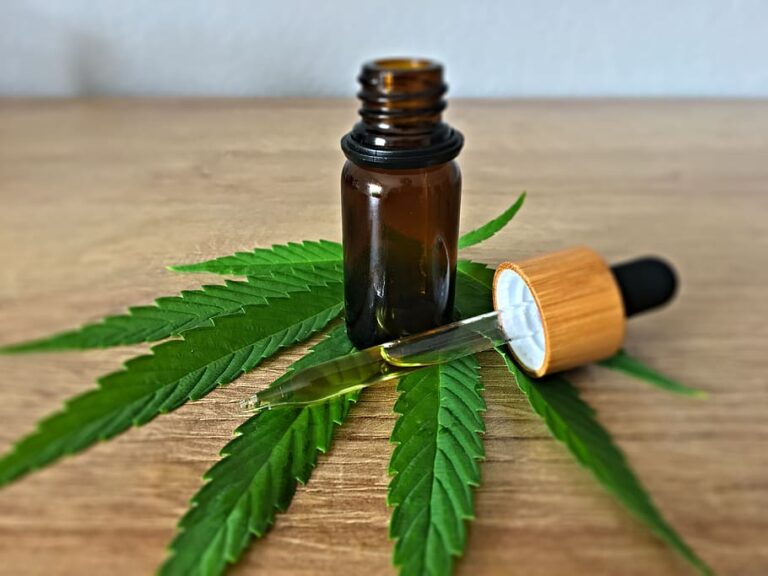Introduction:
CBD, short for cannabidiol, has gained significant attention in recent years for its potential health benefits. However, there remains some confusion about its classification. Is CBD a drug? In this article, we will explore this question and shed light on the current understanding of CBD’s nature. You can also buy THCP gummies and HHC vape in Ohio, OH having no side effects since these cannabinoids are proven treatment against insomnia.
1. Defining CBD:
CBD is a naturally occurring compound found in the Cannabis sativa plant. Unlike its infamous counterpart, tetrahydrocannabinol (THC), CBD does not produce psychoactive effects. Instead, it interacts with the body’s endocannabinoid system, which plays a crucial role in maintaining homeostasis.
2. The Legal Perspective:
In many countries, the legal status of CBD varies. In some places, CBD derived from hemp, containing less than 0.3% THC, is legal, while CBD derived from marijuana remains prohibited due to its higher THC content. It is essential to check local regulations to understand the legal framework surrounding CBD in your area.
3. FDA Approved Medications:
The U.S. Food and Drug Administration (FDA) has approved certain CBD-based medications for specific conditions. Epidiolex, for example, is a CBD oral solution approved for treating seizures associated with Lennox-Gastaut syndrome and Dravet syndrome, two rare forms of epilepsy. These medications undergo rigorous testing to ensure safety and efficacy.
4. Over-the-Counter CBD Products:
In addition to FDA-approved medications, CBD is also available in various over-the-counter products such as oils, creams, and capsules. These products are marketed as dietary supplements and are not intended to treat, diagnose, or cure any specific medical condition. It’s important to note that the quality and consistency of these products may vary.
5. Potential Interactions and Side Effects:
While CBD is generally well-tolerated, it can interact with certain medications. It is advisable to consult with a healthcare professional before using CBD, especially if you are taking other medications. Some individuals may experience side effects such as fatigue, diarrhea, or changes in appetite. However, these side effects are typically mild and temporary.
6. Differentiating CBD from THC:
CBD and THC are distinct compounds with different effects. THC is known for its psychoactive properties and is classified as a controlled substance in many countries. CBD, on the other hand, does not produce a “high” and is not considered to be addictive.
7. Research and Future Potential:
While CBD shows promise in certain areas, more research is needed to fully understand its potential benefits and limitations. Studies suggest that CBD may have anti-inflammatory, analgesic, and anxiolytic properties. However, more robust clinical trials are necessary to confirm these findings and identify potential therapeutic applications.
Conclusion:
CBD is not a drug in the traditional sense but rather a naturally occurring compound with potential health benefits. While some CBD-based medications are approved by regulatory authorities, over-the-counter CBD products are considered dietary supplements. It is crucial to understand the legal framework and consult with a healthcare professional before incorporating CBD into your wellness routine. As research continues, we will gain a clearer understanding of CBD’s potential and its role in improving human health.

